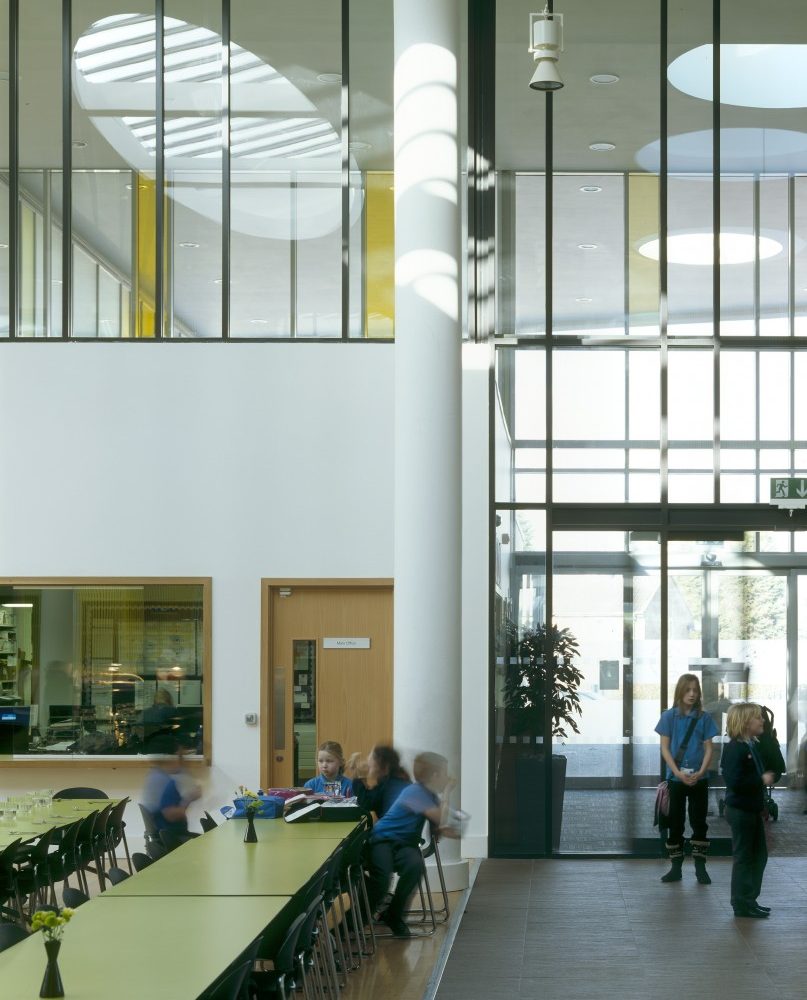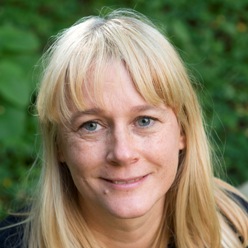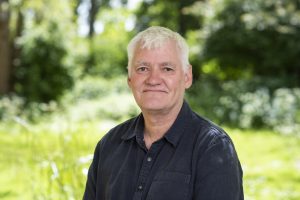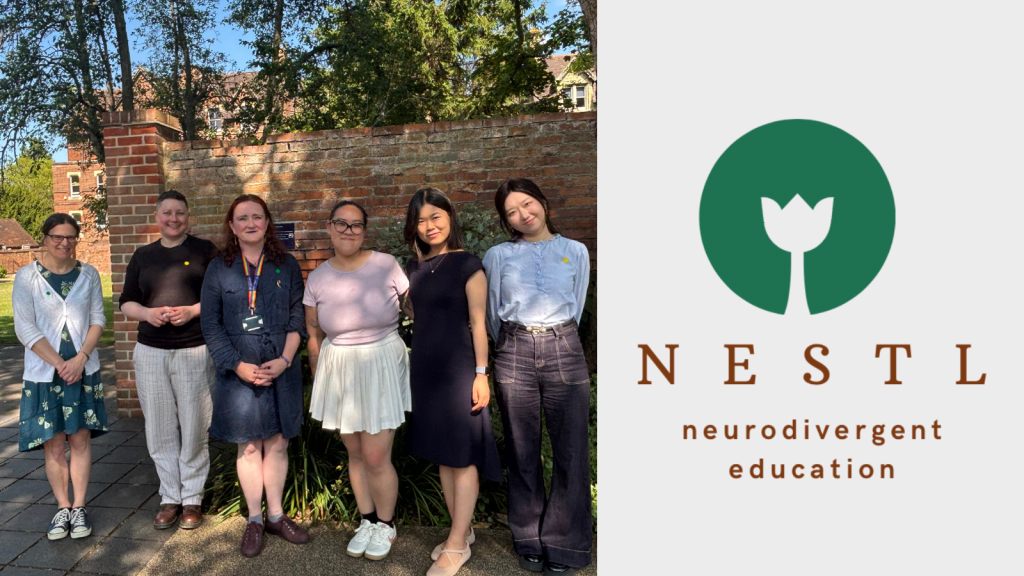Our members also collaborate with researchers across the Department’s research groups to bring insights from Sociocultural and Activity Theory to bear on a wide range of research projects. Members draw broadly on cultural historical theory and the work of Vygotsky and his intellectual legacy.
These intellectual resources allow us to:
- examine the relationship between individual learning and the social situations in which that learning occurs. The focus helps us to see teaching and learning, whether in the workplace or in more formal settings, as a process through which we take on what is valued in a culture and in turn begin to contribute to that culture;
- focus on activity and the actions within activities in order to understand why and how people engage with tasks and problems.
- focus simultaneously on individual learning and changes in the system or systems in which learning is occurring.
This group is convened by Ian Thompson.



















